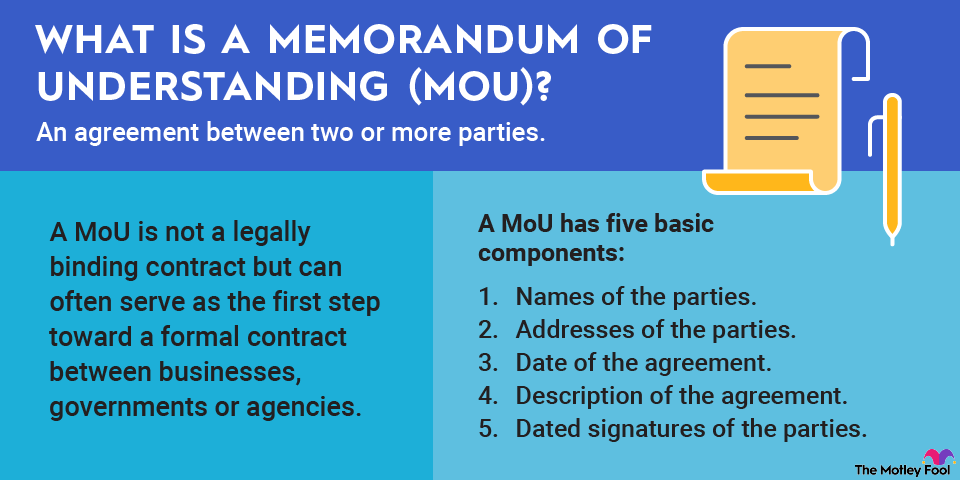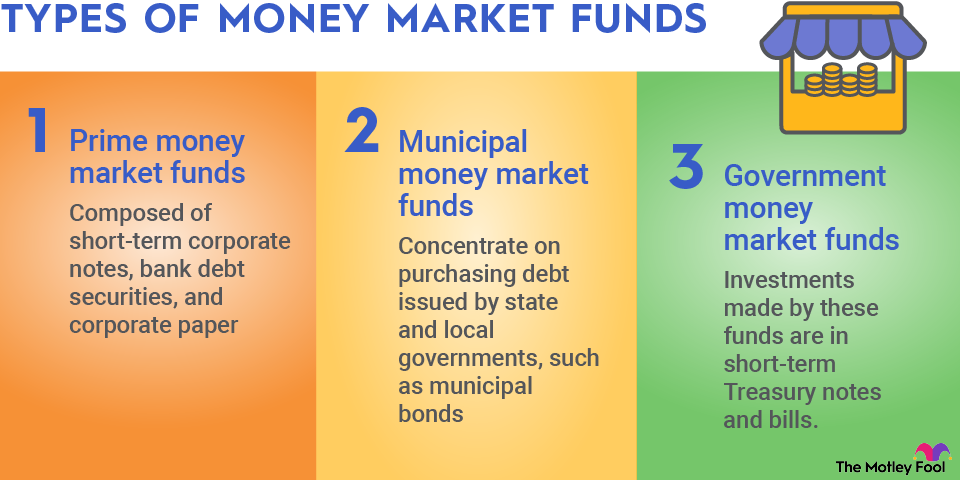When something is motley, you're looking at a varied mixture of different things. The word holds a special meaning here at The Motley Fool, but it all goes back to the dictionary definition: We like variety, diversity, assortment.

What does it mean to be motley?
The Cambridge Dictionary provides a great definition of motley: "Consisting of many different types that do not appear to go together." The word has also become the name for some items fitting that basic description. Hence, motley is also a multicolored wool fabric popular in England during the Tudor period. And, of course, the courtly fools at the time often wore clothing made of that motley fabric.
Why did The Motley Fool adopt a name with this archaic word?
In William Shakespeare's As You Like It, when Jacques meets a motley fool in the forest, the Bard doesn't coin a new word. It was simply a familiar and effective way to describe that noble fool -- with the added benefit of symbolic flexibility.
Later, the melancholy Jacques asks the Duke Senior to "Invest me in my motley. Give me leave to speak my mind." In other words, dress me up in a jester's clothes and allow me to speak freely.
That was what Tom and David Gardner wanted to do when they founded The Fool as an AOL newsletter in 1993. This is Wall Street's court jester, who can speak the truth to the kings and queens of the business world. The company is "dedicated to educating, amusing, and enriching individuals in search of the truth."
Only a noble fool, a worthy fool, can play that part. And "Motley's the only wear."
We really are motley at The Motley Fool
We Are Motley at The Motley Fool. We don't speak with one voice and a streamlined experience; we bring the experience and insight of many different personalities. When Tom and David started Stock Advisor, their flagship newsletter, they provided investing advice based on two very different philosophies.
Tom prefers value investing along the lines of investing legends Warren Buffett and Benjamin Graham. David likes game-changing innovators and growth stocks, closer to master investor Peter Lynch. Together, the brothers provide a well-rounded collection of market-beating investing tips and recommendations.
To this day, you'll find a wide variety of writers and analytic styles at The Motley Fool. They won't always agree, but you'll benefit from several different deep-dive analyses of the same stock, industry, or stock market concepts. With that motley review in your multicolored back pocket, you can form a well-informed opinion of your own.
The most motley principle: diversification
Of course, the varicolored quality of being motley also applies directly to investing. Diversification is a key quality of the long-term investing strategies you'll find at The Motley Fool. Your own portfolio should be motley indeed, as multicolored as the namesake fabric of a jester's suit.
Putting all your investing eggs into one basket is terribly risky. Any company or specific industry may run into hard times, perhaps just when you need to tap into your stock holdings.
Related investing topics
But if you paint up a motley batch of colorful eggs and spread them over varied business models, assorted company sizes, and diverse geographic markets, you should do fine when one company reports weak earnings, goes bankrupt, or drags an entire industry into a recession.
The other parts of your motley holdings can compensate for what you lost in one catastrophe. At the same time, a large number of variegated stocks gives you many opportunities to find a market-beating winner or two. Remember, the downside of owning a stock is limited to a 100% loss, but the sky is the limit on the upside.
So diversification is a successful investor's best friend, along with rock-solid patience.
Motley is the only wear.


















